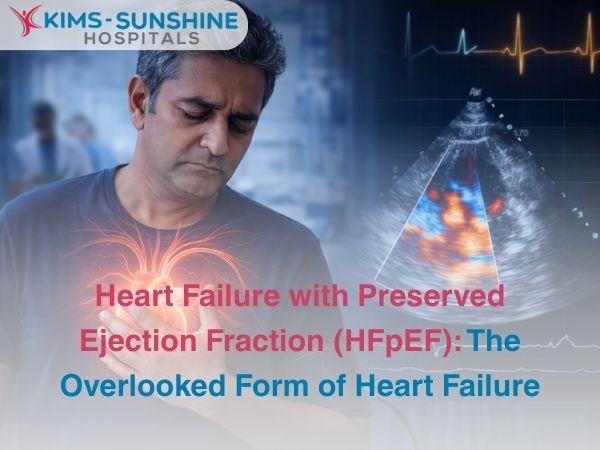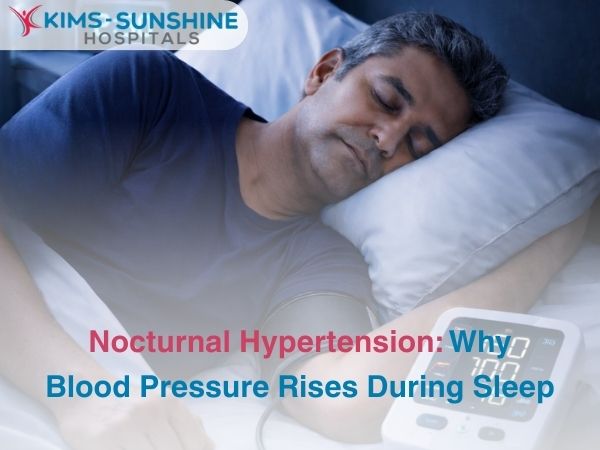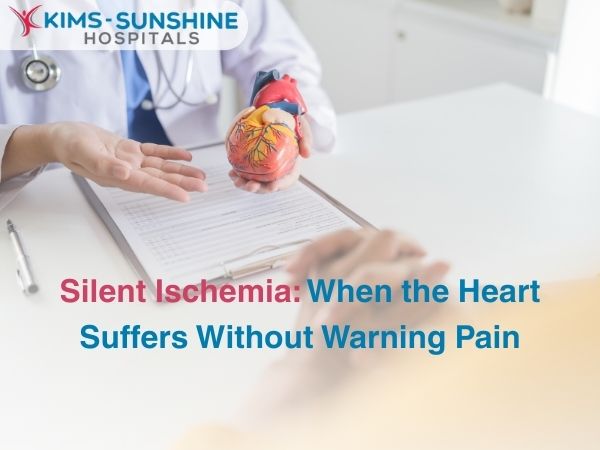
Cardiotoxicity: Heart Damage from Cancer Treatment

Cardiotoxicity refers to damage of cardiac tissue due to a particular reason and in this blog, we focus on cardiotoxicity caused by cancer treatment regimens. For some people, it may occur in the course of their therapeutic regimen, while for others, it may strike years later. It is mainly caused due to healthy tissue getting damaged or killed, along with cancerous cells in the process. Some drugs have a higher risk of causing cardiotoxicity- like chemotherapy drugs, radiation to the chest or it occurs in people who were treated for cancer many years ago. Whatever may be the reason, the severity of damage varies from case to case. Some people get away with reversible heart damage, while others may have to deal with chronic heart issues or heart failure.
What Drugs Are Linked To Cardiotoxicity And Heart Damage?
Radiation therapy, trastuzumab and anthracyclines are the main drugs which can cause cardiotoxicity – either during treatment itself or in the long term. Let us look at them in some detail-
- Examples of anthracyclines include doxorubicin, daunorubicin and epirubicin, respectively. It is an antibiotic that is derived from the Streptomyces bacterium. They work by stopping DNA synthesis in cells. This class of drug is normally used to treat various kinds of leukaemias, breast cancer, stomach cancer, lung cancer, uterine cancer etc.
- Trastuzumab or Herceptin® is used to mostly treat breast cancer and stomach cancers. By itself, it is not bad for your heart, but it can cause cardiotoxicity when combined with anthracyclines. Trastuzumab is a monoclonal antibody based drug- which means it binds to the HER2 receptor on cancerous cells and then flags immune cells down to kill them. Not all cancers have HER2 positive cells, which is why this drug can be used only in specific cases. Cardiotoxicity caused by trastuzumab alone is reversible, but when it is combined with other drugs, it may become irreversible too.
- The last is radiation therapy- where x-rays, gamma-rays or particles are used to kill cancer cells. If this is concentrated in the chest region, there is a higher risk of suffering from cardiotoxicity in the future.
Signs Of Cardiotoxicity In Cancer Patients And When To Seek Help?
Symptoms you need to be watchful for include dizziness, chest pain, enlargement or distension of the abdomen, feeling short of breath, edema or fluid retention in the legs and heart palpitations respectively.
The different ways in which the heart gets affected is – coronary artery disease, valve disease, heart failure, fluid building up around the heart, blood pressure changes (can be low or high), arrhythmias, slower than usual heart rate, pericarditis, cardiomyopathy and even heart attacks in some cases.
Treatment Options For Heart Damage Caused By Cancer Treatments
Management includes treatment with ACE inhibitors, beta-blockers, digoxin to help reduce your heart rate, diuretics to get rid of excessive fluid in the body and vasodilators- which relax blood vessels and improve blood flow.
Conclusion
Since cardiotoxicity due to chemotherapy or cancer treatment is not preventable, it is best to opt for proper management techniques early on, so that your prognosis improves. Diagnosis of cardiotoxicity requires the use of a cardiac MRI, CT scans, stress tests or an ECG which may be done. Other scans may also be done as needed. Call your doctor immediately if you notice any signs as heart problems can be troubling- in worst case scenarios- you may need to stop cancer treatment and begin mitigative medication so that your heart gets better. This means your treatment could get delayed or your prognosis could get much worse. Time is of the essence and the sooner you are diagnosed, the better your condition can be managed.
Frequently Asked Questions
Which cancer treatments are most likely to cause cardiotoxicity?
Is cardiotoxicity from cancer treatment reversible?
Can heart damage from cancer treatment show up years later?
How is cardiotoxicity treated if it occurs during cancer therapy?
Can cardiotoxicity affect my overall cancer treatment plan or outcomes?






